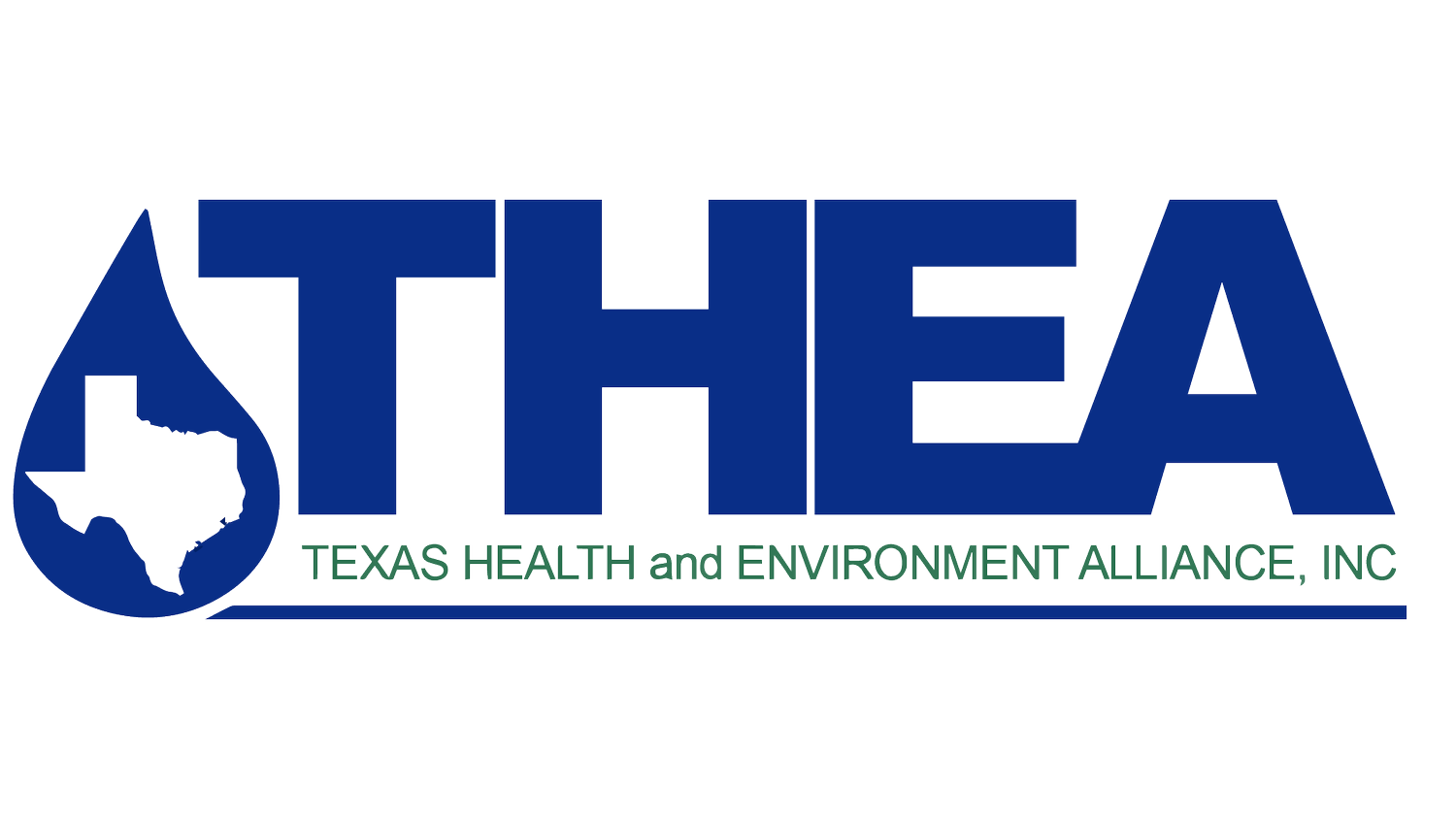The EPA Responds: Jones Road Update
We have two updates on the Jones Road Ground Water Plume Superfund Site:
EPA Letter Response To THEA’s Questions
Early this year, we wrote to the EPA for more details on its efforts to remediate the threat of contamination in the area around the Superfund Site. Now the Agency has responded. You can access the letter here and find the highlights below:
At The Source - The Soil Vapor Extraction System and indoor exhaust systems that were installed at the strip mall in 2018 have reduced contaminant levels and improved indoor air levels. However, levels of Tetrachloroethene (PCE) Trichloroethene (TCE) in the groundwater below the site still far exceed EPA acceptable maximum contaminant levels. The EPA plans another round of bioremediation, injecting microbes to reduce contamination levels in hot spot areas, in the near future.
Neighborhood Contamination - Within the neighborhood, The EPA says it found private water wells where chemical levels exceed contaminant levels. It tested the air within two of those houses and found they were below the residential screening levels.
Groundwater contamination is still a real concern in the neighborhood. The EPA says it did extensive outreach to residents who use private wells to urge them to switch to municipal water. The EPA will pay the cost to connect them to water lines. According to the letter, only three residents signed up. The new connections are expected to be done this summer, but the door is still open for more people to sign up.
Warning Signs - The EPA has also posted larger warning signs in English, Spanish and Vietnamese at the treatment area in response to a request from THEA for better signage. However, the agency has yet to place a sign at ground zero, the area where the now-closed Bell Dry Cleaners dumped chemicals for nearly 15 years..
The University of Texas Medical Branch Wants Your Help With A Study
UTMB researchers plan to interview residents, business owners and other people impacted by the Jones Road Site for a study on Environmental Justice. The interviews will take about an hour and participants will be compensated for their time.
For more information, contact Elise Smith, PhD. elissmit@utmb.edu
